Palestinian envoy highlights Swiss role
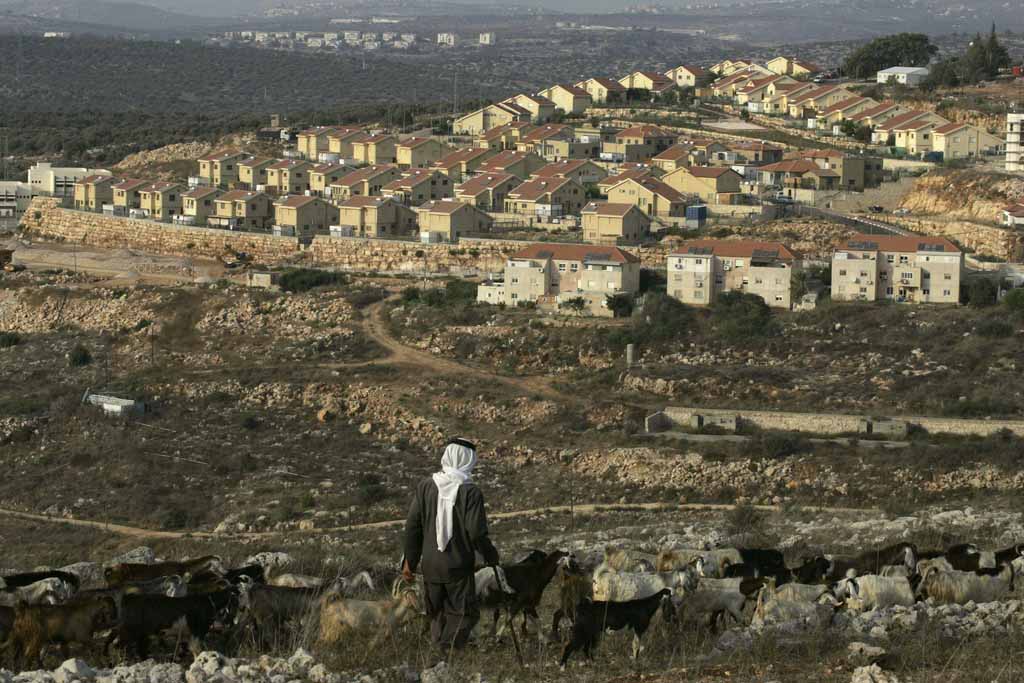
As guardian of the Geneva Conventions Switzerland has the moral authority to seek action over Israeli “violations” of international law, says the chief Palestinian negotiator.
This week Saeb Erekat and his Israeli counterpart Yitzhak Molcho held a second round of exploratory peace talks in Jordan – the first since direct talks stalled in late 2010 – but no tangible progress emerged.
The next steps are unclear, but the Palestinians say they are considering resuming their push for United Nations membership as well as ways to isolate Israel at the UN, such as a new resolution condemning Israeli settlements in the West Bank and East Jerusalem.
The Swiss may find themselves integrated into this new strategy. Erekat told swissinfo.ch that the Palestinians see Switzerland as a “model” in terms of respect for international law and human rights.
“Switzerland has the moral authority and responsibility to bring the signatories of the Geneva Conventions together to pressure Israel to stop violations of international law in the occupied territories,” he said.
“I doubt if there is a single clause of international law relating to the treatment of civilians in situations of war that Israel has not violated.”
For the Palestinians the most serious violation committed by Israel involves the issue of settlements. Erekat added: “The Geneva Conventions prohibit an occupying power from removing a population from their lands and transferring their own people to the occupied territory.”
“In addition to the settlements, there are numerous other violations of the Geneva Conventions: the destruction of thousands of Palestinian homes, confiscation of land and systematic attacks that have killed thousands of civilians.”
Geneva Initiative
The Swiss foreign ministry would not comment on any specific new role.
But it acknowledged that recurrent violations of international humanitarian law by different parties made a solution to the conflict “increasingly difficult”.
Switzerland meanwhile continues to reaffirm its commitment to seeking solutions to the Israeli-Palestinian conflict.
At a conference in Geneva in November 2011 former Swiss Foreign Minister Micheline Calmy-Rey spoke of the “Geneva Initiative 2.0”.
“Switzerland continues to support the Geneva Initiative, a model accord negotiated between Israelis and Palestinians from civil society [launched in 2003], and in so doing has pledged to ensure that the societies involved in the conflict and the negotiators have definite, solid proposals as a basis for reaching an agreement,” foreign ministry spokeswoman Carole Wälti told swissinfo.ch.
No tangible progress
The Jordanian-hosted meeting this week was attended by the so-called Quartet of peace brokers – the United States, European Union, Russia and UN – who on October 26 gave the sides three months to submit their proposals on territory and security.
“Nothing new came out,” said Hanan Ashrawi, a high-level Palestinian official, on Monday.
“The Israelis maintain their intransigent position,” she noted. “There will be no return to negotiations without a stop to the colonisation process and a clear commitment from Israel to the 1967 borders.”
The Haaretz online news site reported that Israeli Prime Minister Benjamin Netanyahu’s aides declined to give details of the talks but said another meeting was scheduled before the end of January.
Netanyahu is reportedly considering several confidence-building measures towards the Palestinians at the request of American and Jordanian authorities. In return, the prime minister expects Abbas to continue the talks that began in Jordan a week ago, and to refrain from pursuing statehood at the UN.
The last round of peace talks broke down in September 2010 over the issue of construction in Israeli settlements in the West Bank and East Jerusalem – areas captured by Israel in the 1967 war and claimed by the Palestinians for their state.
The Palestinians demand a halt to settlement construction and say they will not resume formal negotiations while Israel continues to build in the two areas. Most countries deem the settlements illegal. Israel disputes this. The Palestinians also say Israel must commit to withdrawing to its 1967 pre-war lines as the basis of a future border.
In September 2011 the Palestinians asked the UN Security Council to admit them as a full member state in the UN, but the UN bid failed to gain enough support in the 15-member council. The Palestinians have said as an alternative, they will seek enhanced observer status at the UN. In October the Palestinians won recognition as a state by the UN cultural body Unesco.
Israel strongly opposes these efforts at the UN, saying a Palestinian state can be created only through negotiations, and qualifies them as “unilateral measures that undermine the peace process”.
The Jewish state says peace talks should begin immediately without any preconditions. Prime Minister Benjamin Netanyahu has ruled out a return to the 1967 lines, saying that would be indefensible.
(With input from Guila Flint)

In compliance with the JTI standards
More: SWI swissinfo.ch certified by the Journalism Trust Initiative
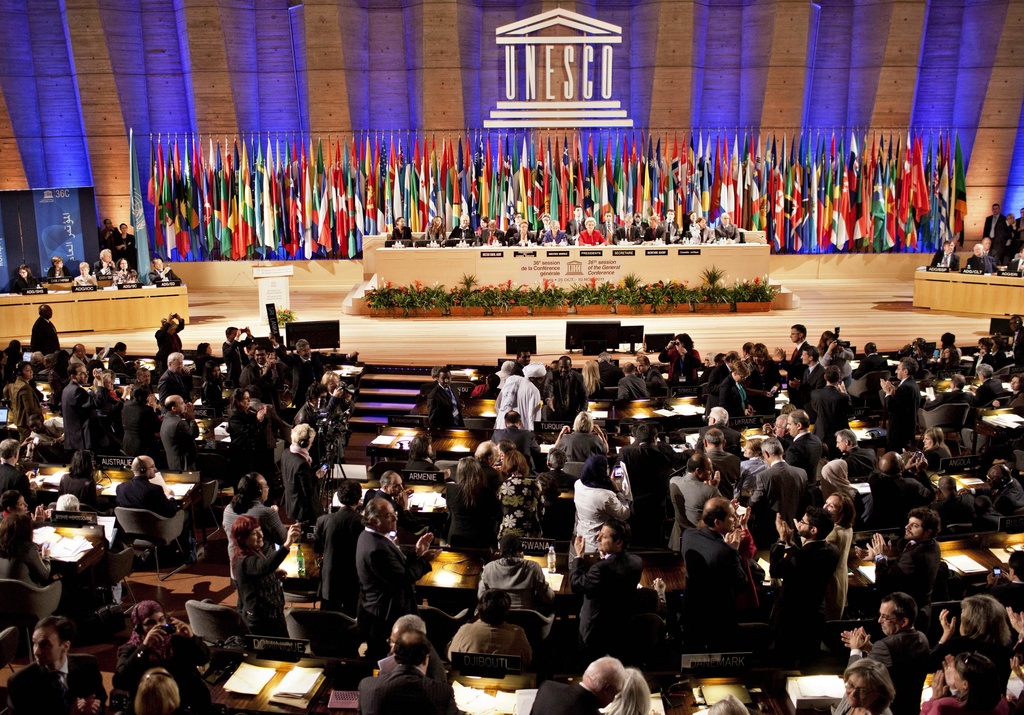

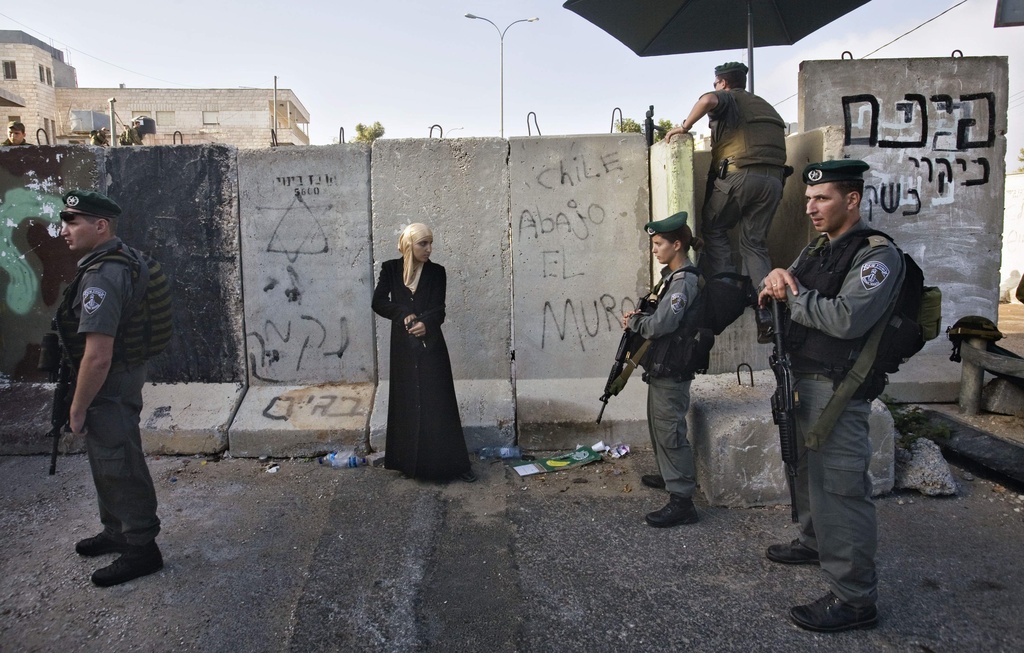
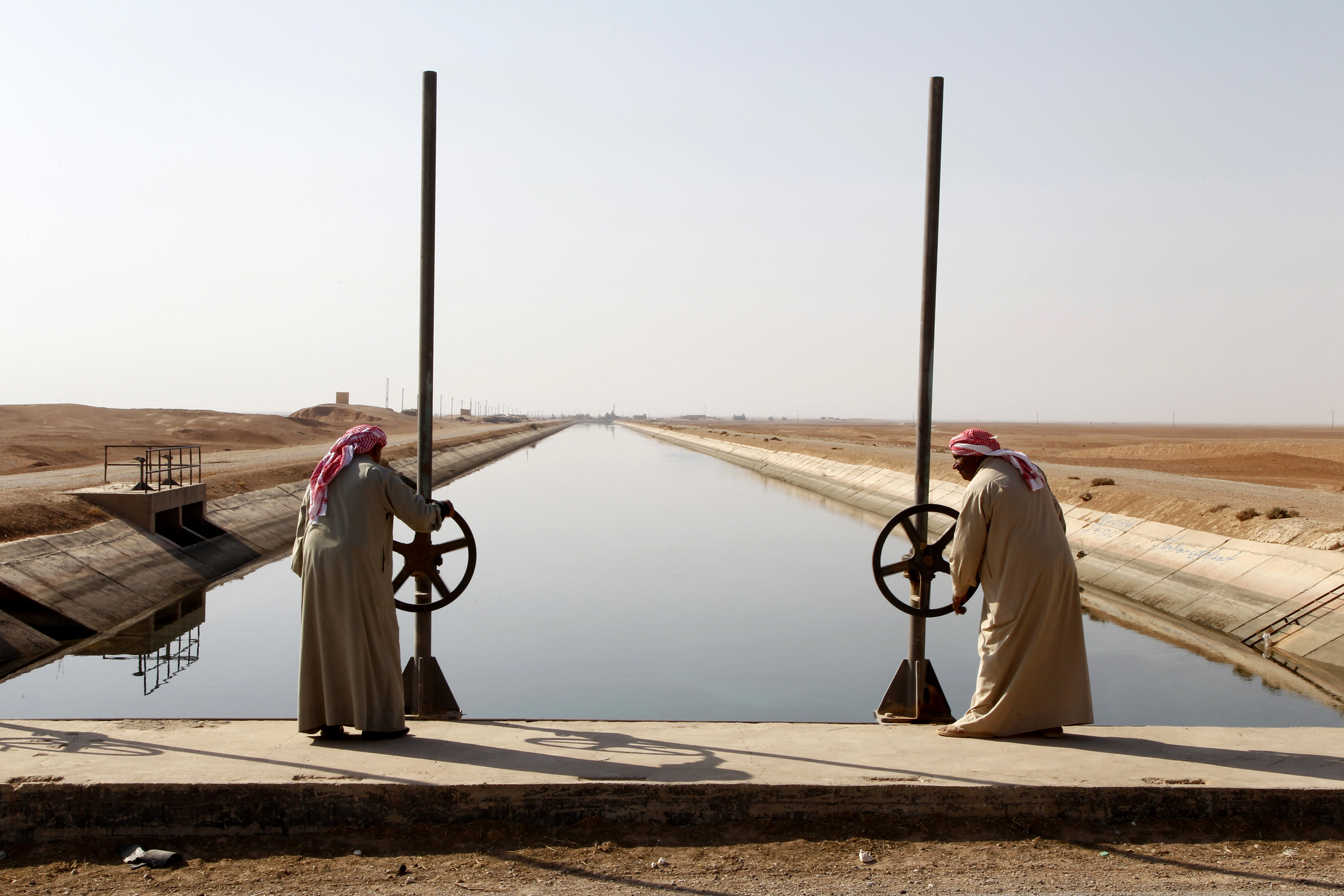
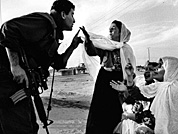
You can find an overview of ongoing debates with our journalists here. Please join us!
If you want to start a conversation about a topic raised in this article or want to report factual errors, email us at english@swissinfo.ch.